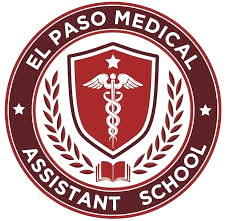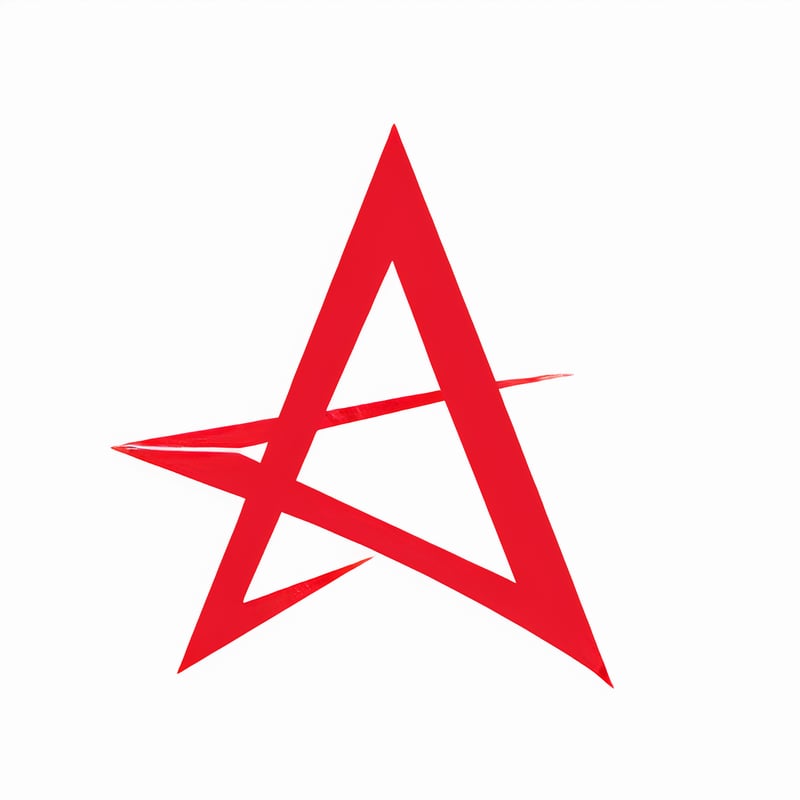
$950 to start
$4,490 total

Financial aid (may be available)

Financial aid (may be available)

Financial aid (may be available)
No cost info
No cost info

Financial aid (may be available)
$4,147 total
$8,046 total
This Registered Respiratory Therapy program is 100% online and is designed as a nontraditional track for individuals who have completed an associate's degree in respiratory care and have already earned the Registered Respiratory Therapist (RRT) credential granted by the National Board for Respiratory Care. Our courses are taught by full-time faculty who are Registered Respiratory Therapists with advanced degrees and extensive clinical training and experience.
No cost info
The University of Cincinnati's online Bachelor of Science in Respiratory Therapy program is designed to improve real-world clinical competence while preparing active respiratory therapy professionals for a lasting future in the healthcare industry. The robust and engaging curriculum challenges students, promoting a deeper understanding of advanced healthcare operations, logistics, technology, leadership, ethics, and project management. Delivered by the industry-experienced faculty in the UC College of Allied Health Sciences, the online program advances respiratory therapy practice and research by focusing on current and future industry standards. The end result is a clinician who can make significant contributions to the field while positively affecting the future of respiratory care for a diverse range of patients. Build on your experience, define your practice, and prepare for the future. Develop the expertise needed for advanced practice and leadership opportunities. Interact and network with an industry experienced faculty and healthcare professionals. Earn a bachelor of science in respiratory therapy in as few as 20 months (5 semesters). Continue working while your learn with flexible, 100 percent online classes.
No cost info
A bachelor’s degree in respiratory therapy from MU will help you provide the hands-on care that assists in recovery and management of a wide range of medical conditions. If you hold the NBRC RRT credential or the Canadian equivalent, this may be the degree for you.
No cost info
Working primarily in hospital settings, respiratory therapists are responsible for an extremely wide range of patients. From the smallest infants to the elderly, from long-term disease to emergencies, respiratory therapists must be prepared for everything. Our program will give you access to expert instruction and the cutting-edge skills you need to advance your career.
This is a degree completion program. Students must have earned an associate degree in respiratory care, hold your RRT from the National Board of Respiratory Care (NBRC), and currently licensed to practice to be eligible for admission.
No cost info
Respiratory Therapy careers are projected to grow 23% by 2026, and because East Tennessee State University allows more transfer credits than most universities, an online B.S. in Respiratory Therapy from ETSU can save you valuable time and tuition dollars while helping you move forward faster.
The Respiratory Therapy (Cardiopulmonary Science) Completion Program at ETSU is an accredited, online program dedicated to providing advanced instruction emphasizing best practices in clinical respiratory therapy based on scientific inquiry.
No cost info
With an ever-increasing demand for healthcare professionals, a career as a Respiratory Therapist offers a promising future. If you're in El Paso and considering a career in this field, there are numerous educational resources and vocational training programs available to get you started. This blog post will provide you with a comprehensive guide to understanding the role of a Respiratory Therapist, training requirements, and how to find the best class for you.

Respiratory Therapists are healthcare professionals specializing in the assessment and treatment of patients with both chronic and acute respiratory disorders. These professionals work with patients of all ages, from premature infants with undeveloped lungs to elderly patients with lung disease. They may provide emergency care to patients suffering from heart attacks, drowning, or shock.
To become a Respiratory Therapist, you must complete a training program that focuses on providing the necessary knowledge and skills to effectively care for patients. The training typically includes both theoretical and practical learning in subjects such as human anatomy, physiology, pharmacology, and respiratory health care.
When choosing a Respiratory Therapist class, consider the following factors:
Accreditation: The program should be accredited by recognized bodies such as the Commission on Accreditation for Respiratory Care (CoARC).
Curriculum: Check if the curriculum covers essential topics like cardiopulmonary physiology, respiratory care procedures, and clinical practice.
Facilities: Practical training is a critical part of the course. So, ensure the institution has well-equipped labs and provides opportunities for clinical rotations.
Success Rates: Consider the program's success rates, including graduation rates and job placement rates.
Expect a mix of classroom instruction, lab work, and clinical rotations in a Respiratory Therapist class. Theoretical instruction will cover topics like anatomy, physiology, and pharmacology, while lab work will provide hands-on experience in areas like patient assessment and diagnostic procedures. Clinical rotations will offer real-world experience in a healthcare setting under the supervision of experienced professionals.
After completing the training, you need to pass a national exam to earn the Certified Respiratory Therapist (CRT) credential. Some may choose to further their qualifications by earning the Registered Respiratory Therapist (RRT) credential, which requires additional exams.
Upon obtaining certification, you can begin searching for jobs in hospitals, clinics, or home healthcare settings. Professional networking, job boards, and healthcare job fairs are excellent resources for job hunting.
Once you become a Respiratory Therapist, you may choose to further specialize in areas such as neonatal/pediatric care or sleep disorder testing. Additional classes in these specialties can enhance your skills and open up more job opportunities.
Respiratory Therapists who wish to advance their careers may consider pursuing further education. Here are some options:
Bachelor's or Master's Degree in Respiratory Therapy: These degrees could open up opportunities for management or teaching positions.
Specialty Certifications: Certifications in areas like neonatal resuscitation or asthma education can make you more competitive in the job market.
If you're interested in the healthcare field but not sure if respiratory therapy is for you, consider these related careers:
Joining professional organizations can provide networking opportunities and professional development resources. Some organizations to consider include:
The American Association for Respiratory Care (AARC)
The Texas Society for Respiratory Care (TSRC)
Becoming a Respiratory Therapist can be a rewarding career choice for those interested in the healthcare field. With the right training and dedication, you can play a crucial role in saving lives and improving patients' respiratory health. While the journey requires effort and commitment, resources like vocational training programs can provide you with the knowledge and skills needed to succeed in this field. Choose the right class for you and take a step towards a fulfilling career in respiratory care.
Explore Dreambound's in-depth guides, each shedding light on the unique requirements and challenges in cities across the US. For more insights, be sure to check out our other guides.
Weighing the possibilities of a career shift ? Dreambound has written many extensive guides to guide you in making informed decisions. Check out some of these resources below:
Dreambound's platform allows prospective students to find the right educational program for them through searching, filtering, and connecting with our extensive selection of career & technical education partners.
Dreambound has over 70 programs across healthcare, technology, business, and industrial trades. This includes programs such as Medical Billing, Cybersecurity, and welding.
Some of our schools offer financial aid for those who qualify. Many others offer payment plans, where you can pay the cost of class over time.
Yes, Dreambound offers many online programs. On Dreambound's search, you can filter by online, in-person, and hybrid (part online, part in-person).
Dreambound is completely free for you to use! We are supported by schools and organizations who pay to advertise on our website, so we can offer all of our career resources for free.